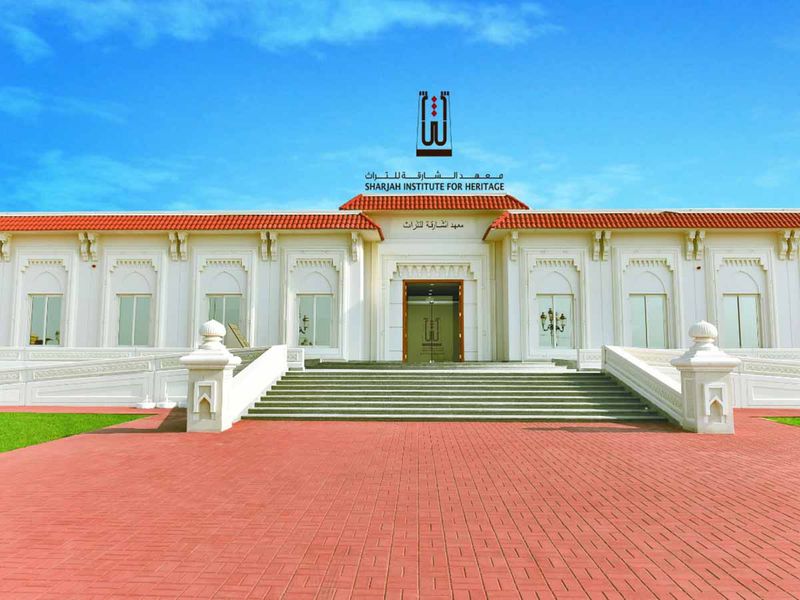Jawaher Al Qasimi, a prominent figure in Sharjah's cultural scene, recently emphasized the power of music in fostering understanding and appreciation between diverse cultures. She highlighted music's unique ability to transcend spoken language barriers, acting as a universal language that connects people on a deeper level.
"Music serves as one of the most significant expressions of cultural identity," Al Qasimi explained. "By embracing our own musical heritage and engaging with the music of others, we strengthen our connection to the global community."
She elaborated on the rich history of music as a bridge between cultures. Throughout history, musical traditions have interacted and influenced each other, creating a tapestry of sound that reflects the diversity of human experience. From the rhythmic pulse of African drumming to the soaring melodies of European symphonies, music offers a window into the soul of different societies.
Al Qasimi's remarks come in the context of Sharjah's ongoing commitment to promoting artistic and intellectual exchange. The emirate, a cultural hub in the United Arab Emirates, has established itself as a patron of the arts, hosting numerous music festivals and events that showcase a wide range of musical styles from around the world. This dedication to artistic diversity reflects a belief in the power of music to foster not only cultural understanding but also intellectual harmony.
"Music is more than just entertainment," Al Qasimi asserted. "It has the potential to stimulate intellectual curiosity and broaden our perspectives. By engaging with different musical forms, we challenge our preconceived notions and gain a deeper appreciation for the richness of human expression."
This emphasis on intellectual engagement aligns with Sharjah's broader cultural vision. The emirate actively promotes education and lifelong learning, recognizing the importance of critical thinking and open-mindedness in a globalized world. Music, with its ability to evoke emotions, challenge assumptions, and inspire creativity, is seen as a valuable tool in this pursuit.
Al Qasimi's perspective resonates with a growing recognition of the role music can play in building bridges between cultures. In an increasingly interconnected world, fostering understanding and appreciation for diversity is essential. Music, with its universal language of rhythm, melody, and emotion, offers a powerful tool for achieving this goal.

